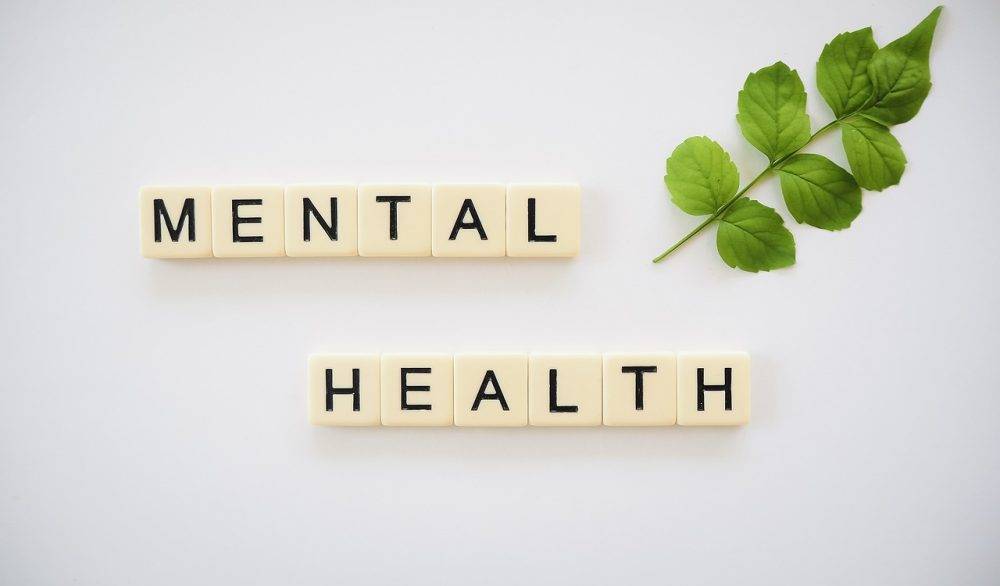
Traditional healers, often referred to as sangomas or inyangas, are a cornerstone of South African communities. Their practices blend herbal remedies, spiritual guidance, and rituals, addressing a spectrum of physical and emotional concerns. For millions, they are the first point of contact when health issues arise, including those related to mental well-being.
Despite the progress in modern healthcare, traditional healers continue to hold significant influence, especially in rural areas. Mental health services, often concentrated in urban centres, struggle to reach many communities. This disconnect has spurred efforts to integrate traditional healing with modern therapy, fostering a healthcare model that respects cultural beliefs while providing evidence-based treatment.
We explore the integration of these practices, shedding light on its benefits, challenges, and the cultural significance of bridging traditional and modern approaches.
The Role of Traditional Healers in Mental Health
Historical and Cultural Importance
Traditional healers have been practicing for centuries, predating the introduction of Western medical systems during colonization. Their role goes beyond addressing physical ailments; they act as spiritual leaders, mediators, and counsellors, offering holistic care that caters to the mind, body, and spirit. This multifaceted approach resonates deeply with communities that view health as interconnected with cultural and spiritual well-being.
Current Relevance
Today, an estimated 80% of South Africans consult traditional healers at some point in their lives. For many, these healers are more accessible than formal mental health services, particularly in rural areas where clinics are scarce. Traditional healers often provide support for conditions such as depression, anxiety, and stress, albeit through culturally specific interpretations and practices.
The Shift Toward Integration
Policy and Initiatives
The Traditional Health Practitioners Act No. 35 of 2004 was a landmark step in recognizing the role of traditional healers within South Africa’s healthcare system. It established the Interim Traditional Health Practitioners Council to regulate practices, ensure the quality and safety of services, and align traditional healing with national health standards. While the Act does not focus specifically on mental health, its framework facilitates collaboration that can indirectly enhance mental health care delivery.
For instance, in KwaZulu-Natal, collaborative programs have included training traditional healers in identifying signs of severe mental illness and offering basic counselling. These initiatives aim to bridge the gap between spiritual healing and evidence-based practices while maintaining cultural authenticity.
Importance of Integration
Integrating traditional and modern mental health practices helps address long-standing barriers to care. By incorporating cultural beliefs into therapy, healthcare providers can build trust with patients who may otherwise avoid modern mental health services. This approach also ensures underserved populations, particularly in rural areas, receive holistic and accessible care.
Benefits of Collaboration
Cultural Acceptance
Collaboration between traditional healers and modern practitioners ensures that culturally ingrained beliefs are respected in treatment plans. Many individuals hesitate to seek formal mental health care due to its perceived incompatibility with their traditions. Integrated care models allow patients to feel understood and validated, improving treatment adherence and outcomes.
Accessibility and Reach
South Africa’s rural regions often lack adequate mental health infrastructure. Traditional healers fill this gap by serving as accessible first responders to mental health concerns. When integrated into the broader healthcare network, they can facilitate early identification of mental health conditions, provide culturally suitable interventions, and direct individuals to appropriate clinical resources when needed.
Holistic Treatment
Traditional healing emphasizes the interconnectedness of physical, emotional, and spiritual health. When this perspective is combined with modern therapeutic techniques, patients receive a more comprehensive approach to care. For instance, a patient experiencing stress might benefit from mindfulness practices rooted in tradition, alongside cognitive behavioral therapy.
Challenges of Integration
Differences in Beliefs and Practices
Traditional healers often attribute mental health issues to spiritual imbalances or ancestral displeasure, which contrasts sharply with the scientific explanations of modern psychology. Reconciling these differing frameworks requires open dialogue and mutual understanding between practitioners.
Ethical and Professional Concerns
Ensuring the quality and ethical practices of traditional healing within a regulated framework can be challenging. Training programs must balance respect for cultural authenticity with the need for safety and efficacy. Similarly, managing patient confidentiality and consent in traditional healing contexts requires careful navigation.
The Way Forward
Opportunities for Collaboration
Encouraging dialogue and training between traditional healers and modern mental health practitioners is a critical step. Joint workshops and community initiatives can build trust and lay the foundation for meaningful collaboration. Creating platforms for sharing knowledge will enable both groups to leverage each other’s strengths for improved patient outcomes.
Policy Recommendations
Developing clear guidelines for integrating traditional healing into mental health services is essential. Policies should outline ethical standards, establish mechanisms for monitoring practices, and provide funding for training and collaboration initiatives. Increased investment in research exploring the effectiveness of combined approaches will help shape evidence-based policies and foster mutual respect.
Conclusion
The integration of traditional healing and modern therapy in South Africa offers an opportunity to create a more inclusive and effective mental health care system. By embracing cultural heritage alongside clinical advancements, the nation can address gaps in access, reduce stigma, and deliver holistic care that resonates with its diverse population.
Additional Resources
For anyone in need, remember, help is available and recaching out is a sign of strength.
- South African Depression and Anxiety Group (SADAG): A leading mental health support organization offering free counseling and crisis lines.
- Lifeline South Africa: Provides 24-hour crisis support and counseling services.
- TherapyRoute: Find and contact licensed therapists, psychologists, and registered counsellors.
- Provincial Clinics: Local clinics in rural and urban areas provide mental health assessments and referrals.